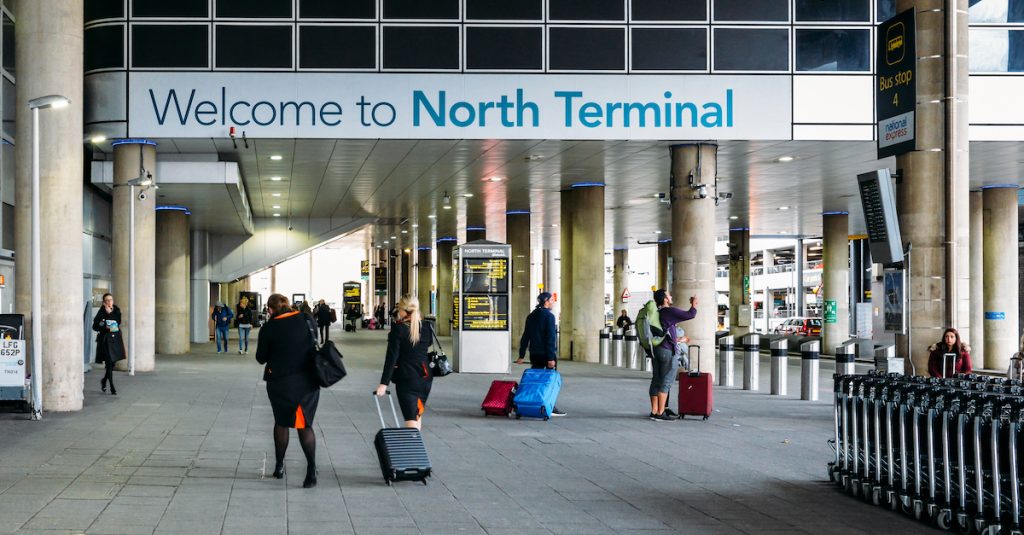A planned strike by passenger assistance workers at Gatwick Airport has been suspended. This development comes after Wilson James provided an improved pay offer that prompted a reassessment of the situation.
The industrial action was initially set for July weekends, aiming to address pay disputes. However, with the latest negotiations, workers have agreed to a temporary suspension while they evaluate the new offer.
Background of the Dispute
The dispute stems from concerns raised by special assistance staff employed by Wilson James. They were poised to engage in industrial action during two weekends in July, hoping to advocate for better pay and working conditions.
Employees, numbering around 200, had planned strikes for July 12-14 and July 19-21. This move was primarily driven by their dissatisfaction with compensation and a need for improved workplace agreements.
Union Response and Negotiations
Unite, the union representing the workers, has played a pivotal role in the negotiations. They’ve supported the employees’ decision to suspend the strike temporarily, aligning with the workers’ interests to consider the new offer.
The improved pay proposal has not been disclosed in detail, leaving room for interpretation. However, Unite’s involvement has been crucial in facilitating dialogues between Wilson James and the workforce.
Dominic Rothwell, a regional officer for Unite, stated, “Strikes set to take place later this month have been postponed to allow workers to be balloted following an improved offer from Wilson James.”
Impact on Gatwick Airport Operations
Gatwick Airport’s operation was at risk of disruption due to the impending strike action. By averting the strike, normalcy is expected to return to the airport’s workflow, mitigating potential travel delays.
The airport had prepared contingency plans to manage the expected disruption. These measures, though necessary, would have impacted not just the workers, but also passengers expecting smooth transit experiences.
The resolution, albeit temporary, allows the airport to maintain its operations without the anticipated disturbances that a strike would have inevitably caused.
Future Implications and Further Actions
While the strike is currently suspended, the outcome of the workers’ ballot is yet to determine the future course of action. If the proposal is rejected, industrial action may be rescheduled.
The negotiations have underscored the importance of effective communication and negotiation in resolving industrial disputes without resorting to strikes.
Both Wilson James and the union hope to reach a resolution that meets the workers’ needs, highlighting ongoing efforts to avoid further disruption in airport services.
Broader Industrial Context
The issue at Gatwick reflects a broader industry trend where aviation workers are increasingly voicing demands for better remuneration and working conditions.
Similar actions by baggage security screeners at Gatwick, under different employers, have also been observed, indicating a sector-wide momentum.
This trend exemplifies a push towards fair worker compensation and highlights the broader challenges facing the aviation industry amidst financial and operational pressures.
Stakeholder Perspectives
From the workers’ perspective, the strike was a necessary step to address long-standing grievances over pay and terms of employment.
For Wilson James, addressing this dispute involves balancing employee satisfaction with financial sustainability, a complex negotiation point in the aviation service industry.
Passengers and airport operators have a vested interest in ensuring that service disruptions are minimal, emphasizing the need for prompt dispute resolution.
Next Steps for Resolution
Both parties are committed to a constructive dialogue and are hopeful that the improved pay offer will be accepted by the workers, securing long-term operational stability at Gatwick Airport.
Should the ballot result in a rejection, further negotiations will be critical, with the possibility of revisiting industrial action looming over future discussions.
The temporary suspension of the strike reflects a willingness to negotiate and a potential path to resolving the dispute. The outcome of the workers’ ballot will be crucial in determining future actions, with stakeholders keenly monitoring developments.

